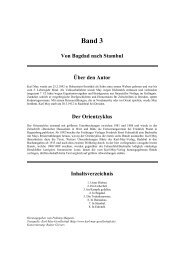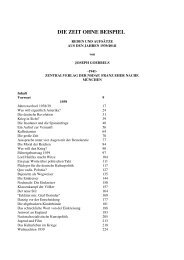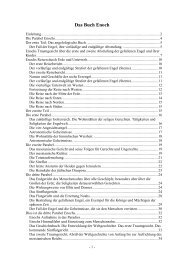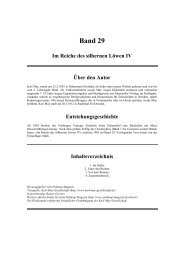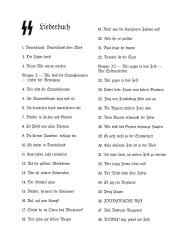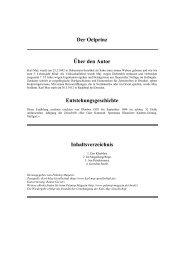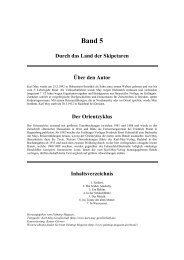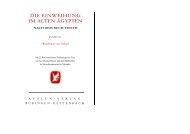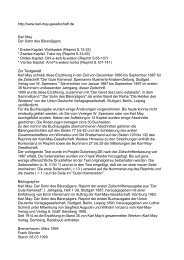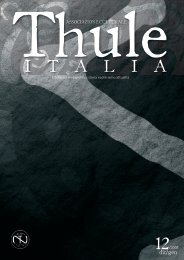Hitler's Baby Division
Hitler's Baby Division
Hitler's Baby Division
Create successful ePaper yourself
Turn your PDF publications into a flip-book with our unique Google optimized e-Paper software.
to switch to the HJ <strong>Division</strong>, one of them wanting to finish school in order to<br />
pursue university training in engineering after the war, while the other<br />
served as Patrol Service leader and surveillance chief and therefore could<br />
not be replaced. The district leader showed a considerable degree of<br />
exasperation: “If I am to surrender two additional leaders for ‘service in the<br />
east’ then I am faced with a practically leaderless organization. I don't think<br />
it makes any sense to force someone to volunteer.” Other district leaders<br />
faced similar problems. 17 In this situation coercion seemed to be the only<br />
recourse if Axmann's demands were to be met and he in turn was bound by<br />
his commitment to Himmler. Yet draftees, it was recognized, would not<br />
provide the kind of spirit and elan which the division was supposed to have, if<br />
it were to follow in the footprints of <strong>Hitler's</strong> Body Guard. Axmann, clearly<br />
worried about this problem, ordered all WEL directors training NCO<br />
candidates to determine how many of them had been commandeered. The<br />
latter were then submitted to another barrage of propaganda and those who<br />
still refused to volunteer “freely” were finally excluded from the NCO roster.<br />
So in the end the RJF was forced to pick potential NCO candidates from rank<br />
and file recruits born in 1926. This began during the second week of their<br />
training in the WELs. So the manpower squeeze led to an expedient, which<br />
gave the so-called <strong>Baby</strong> <strong>Division</strong> a substantial number of noncommissioned<br />
officers of callow seventeen- and eighteen-year-old youth leading rank and<br />
file soldiers of the same age. 18<br />
Reluctance to volunteer, no doubt, had something to do with<br />
selectivity, since those HJ <strong>Division</strong> recruits who underwent premilitary<br />
training at Harburg revealed high morale and eagerness for combat. None had<br />
to be disciplined and nineteen earned the Marksmanship Medal. The overall<br />
impression, which these boys left behind was extremely good," wrote Kurt<br />
14



